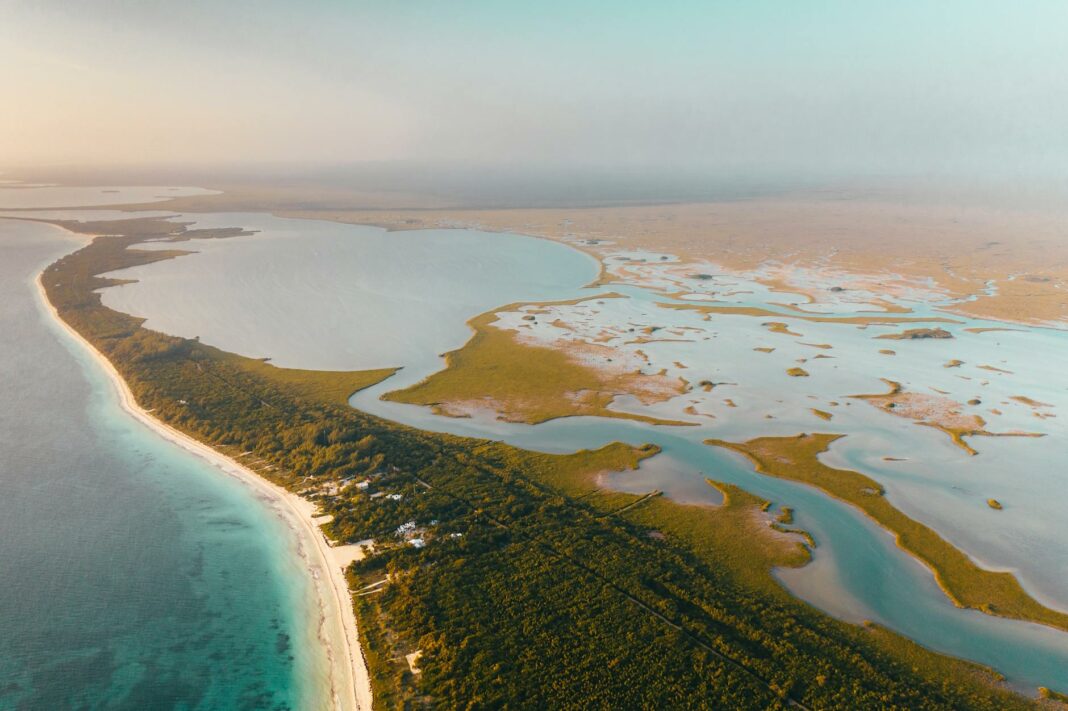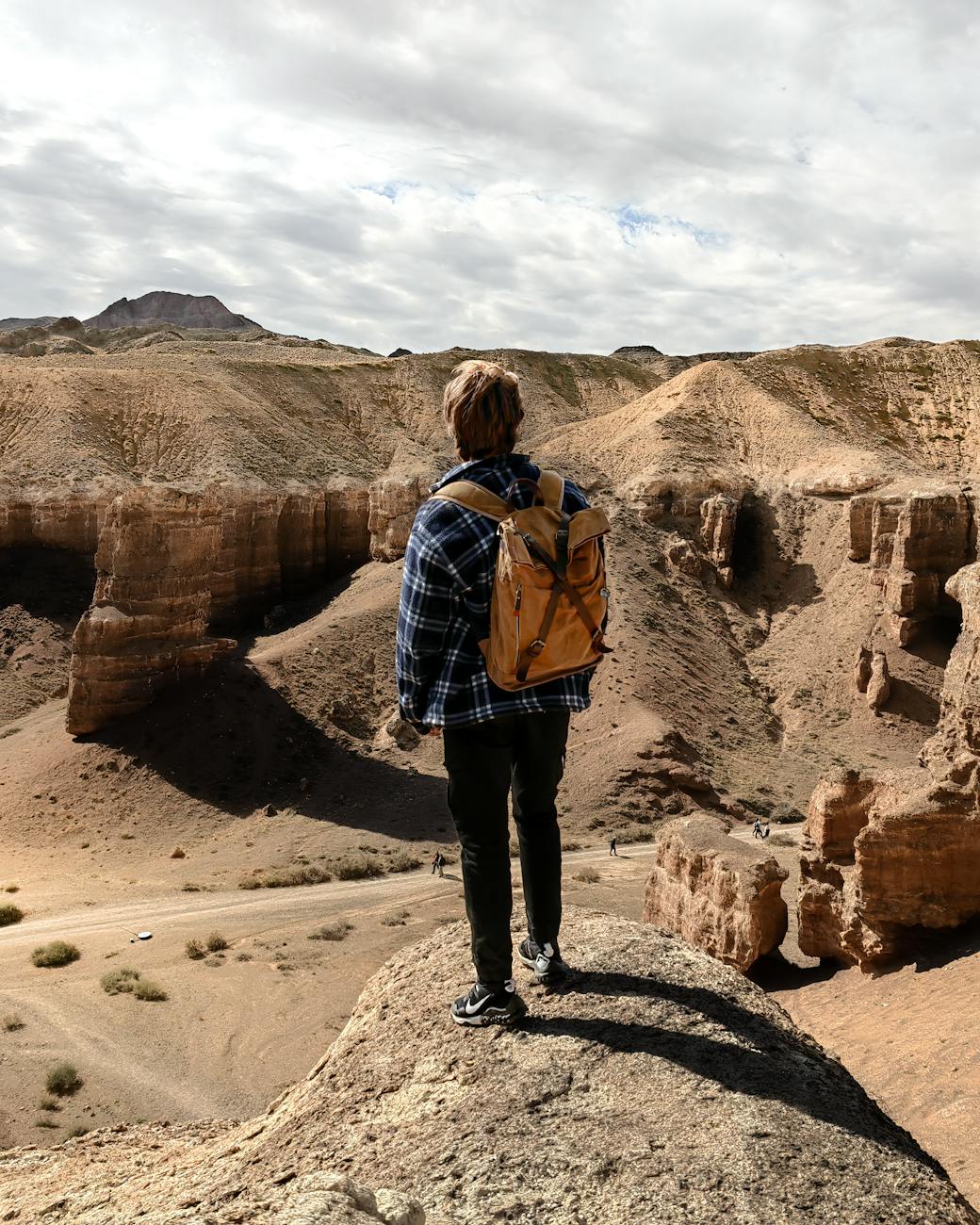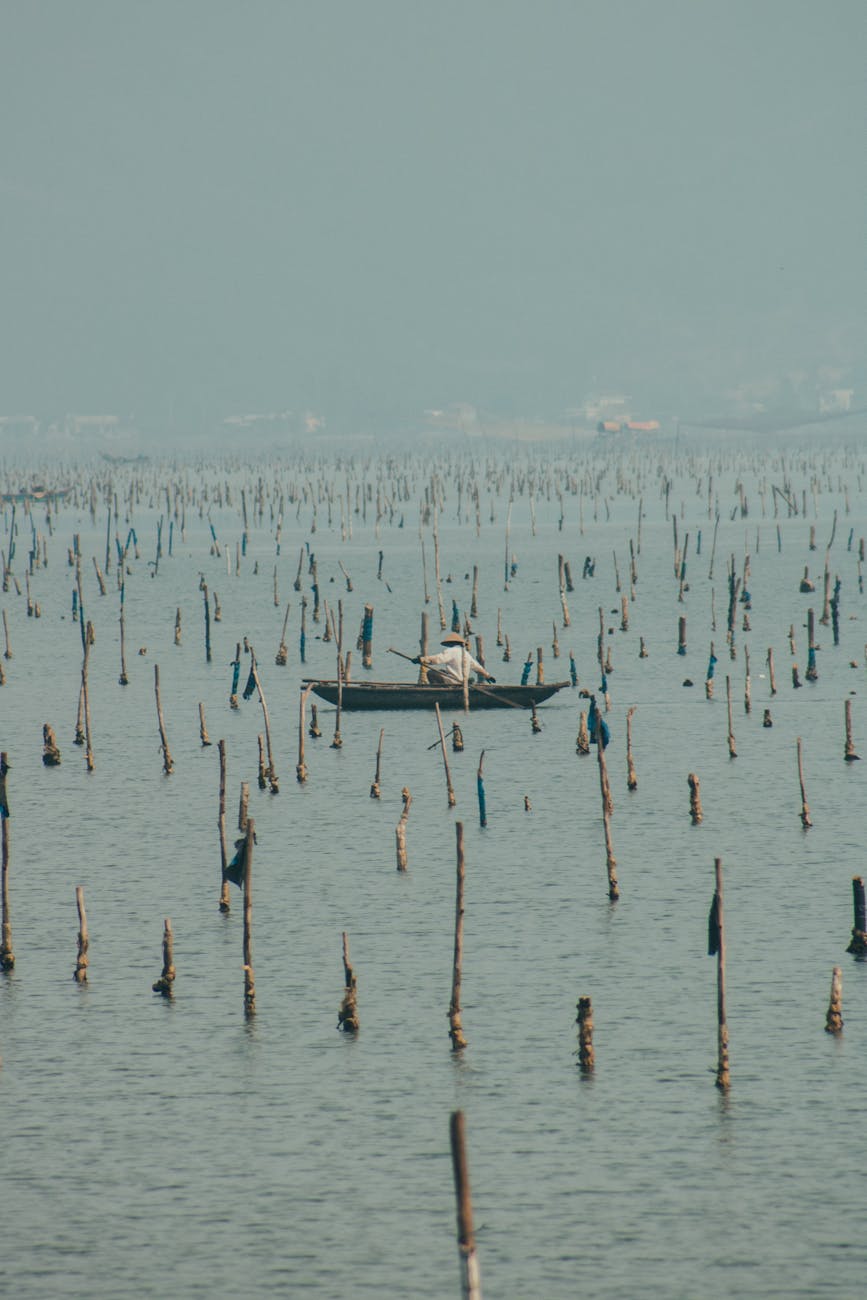– **Introduction**
– **The Allure of Beach Vacations**
– **Coastal Wildlife in Distress**
– **Unseen Consequences of Human Activity**
– **The Positive Impact of Responsible Tourism**
– **Protecting Our Coastal Ecosystems**
– **Final Thoughts on Beach Vacations and Wildlife**
– **FAQs**
**Introduction**
Dreaming of white sandy beaches, crystal-clear waters, and sun-kissed skin? Beach vacations are undeniably enticing, providing a much-needed escape from the hustle and bustle of everyday life. For many, it’s the perfect getaway, filled with relaxation, adventure, and picturesque views. However, this blissful escape can come at a cost. While we indulge in sunbathing and swimming, have we paused to consider the impact our presence has on the fragile ecosystems that thrive in our coastal areas? With this post, we will delve into how our dream vacations might be harming coastal wildlife and explore ways to enjoy our trips while protecting these vital ecosystems.
While the sunlit shores beckon, the reality of ecological vulnerability beneath the waves and along the banks often goes unnoticed. Our favorite vacation spots are not just spaces for leisure; they are home to countless species that play integral roles in maintaining the marine environment. This blog will highlight how our vacation habits may inadvertently disturb these habitats and what steps can be taken to mitigate this impact. So, let’s dive deeper into this important conversation.
**The Allure of Beach Vacations**
There’s something about the beach that captivates the heart and soul. The sound of waves crashing, the salty breeze, and the warmth of the sun create an irresistible invitation for millions of travelers each year. Beach vacations often rank high on the lists of ideal travel experiences because of their promise of relaxation and fun. People flock to these sunny destinations seeking not just escape, but a connection with nature.
However, our growing love for coastal getaways has spurred a tourism boom that, while beneficial for local economies, can have a detrimental impact on wildlife. The influx of tourists often leads to increased pollution, habitat destruction, and disturbances to local wildlife. This raises a crucial question: how can we enjoy our beloved beach vacations without harming the very ecosystems we appreciate? Acknowledging the delicate balance between tourist satisfaction and environmental integrity is essential to finding a solution that benefits all.
**Coastal Wildlife in Distress**
Coastlines are teeming with diverse species, from vibrant coral reefs to waddling seabirds. Each animal, from the tiniest crab scuttling across the sand to majestic sea turtles gliding through the waves, plays a critical role in its ecosystem. Unfortunately, many of these species are threatened by human interference. Increased beachgoers can lead to disturbances in nesting sites, particularly for vulnerable species like the endangered sea turtle.
Moreover, the habitats that support marine life are increasingly at risk from pollution and habitat degradation. Plastic waste, discarded fishing gear, and chemical runoff from land contribute to the decline of fragile ecosystems. By caring more for our coastal wildlife, we have an opportunity to protect these precious species and share the beach with them respectfully. Understanding the gravity of these issues allows us to start making more informed choices when planning our vacations.
**Unseen Consequences of Human Activity**
As convenient and enjoyable as it may be to set up camp on those perfect sandy spots, the underlying consequences sometimes go unnoticed. Foot traffic on nesting sites can crush delicate eggshells and disrupt the natural behavior of wildlife. Littering or leaving trash behind not only mars the beauty of our scenic shores but poses a serious threat to animals—often leading to injury or even death.
Additionally, increased boat traffic can create noise pollution, unsettling marine animals that rely on sound for communication, navigation, and hunting. Simple actions, like choosing to swim just a little farther down the beach or ensuring that we leave no trace of our presence, can have far-reaching benefits. A little mindfulness can go a long way in reducing our footprint on these delicate ecosystems, ensuring they thrive for future generations.
**The Positive Impact of Responsible Tourism**
Fortunately, it’s not all doom and gloom. With a shift in consciousness, tourists can contribute positively to beach ecosystems. Responsible tourism is gaining momentum, emphasizing sustainable practices that protect both wildlife and the beauty of coastal areas. When travelers become aware of their potential impact, they can make better choices, such as participating in beach clean-up initiatives or opting for eco-friendly accommodations that prioritize sustainability.
By supporting local businesses that engage in environmentally friendly practices, vacationers can help ensure that the coastlines they cherish remain vibrant and alive. Furthermore, choosing guided eco-tours allows visitors to learn about local wildlife and their habitats while minimizing their ecological impact. Responsible tourism encourages a deeper connection with nature and fosters a shared sense of responsibility towards conservation.
**Protecting Our Coastal Ecosystems**
Engaging in wildlife conservation efforts during beach holidays can make a significant difference in preserving coastal ecosystems. Simple actions like observing wildlife from a distance rather than approaching them or following established pathways can prevent habitat degradation.
Many beach destinations offer programs aimed at educating visitors about the local environment and wildlife, positively impacting awareness and care. Participating in these programs ensures that travelers leave with a renewed sense of respect for nature. The beauty of coastal ecosystems deserves our protection, and by adopting thoughtful behaviors, we safeguard these environments for years to come.
**Final Thoughts on Beach Vacations and Wildlife**
The idyllic beach vacation doesn’t need to come at the expense of our coastal wildlife. By fostering awareness and promoting sustainable practices, we can enjoy the sun and surf while ensuring that our natural companions thrive in their habitats. Embracing responsible tourism not only enhances our own experience but also secures the future of these vital ecosystems. Let’s transform our love for the ocean into an active commitment for its health, proving that every vacation can indeed be a win-win.
**FAQs**
– **How can I minimize my impact on coastal wildlife during my beach vacation?**
Choosing not to disturb nesting sites, properly disposing of trash, and using biodegradable products are effective ways to lessen your impact. Always respect wildlife and observe from a distance.
– **What are some eco-friendly activities I can participate in?**
Many locations offer options like guided nature tours, beach clean-up events, and eco-friendly water sports.
– **Why is responsible tourism important for wildlife conservation?**
Responsible tourism fosters awareness and promotes actions that protect wildlife and their habitats. It helps mitigate the negative effects of tourism, ensuring ecosystems remain healthy and vibrant.
– **Are there any organizations dedicated to marine conservation?**
Absolutely! Organizations like the Ocean Conservancy and local marine sanctuaries work tirelessly on conservation efforts. Supporting these initiatives can contribute positively to coastal wildlife preservation.
Image Credit: Pexels





